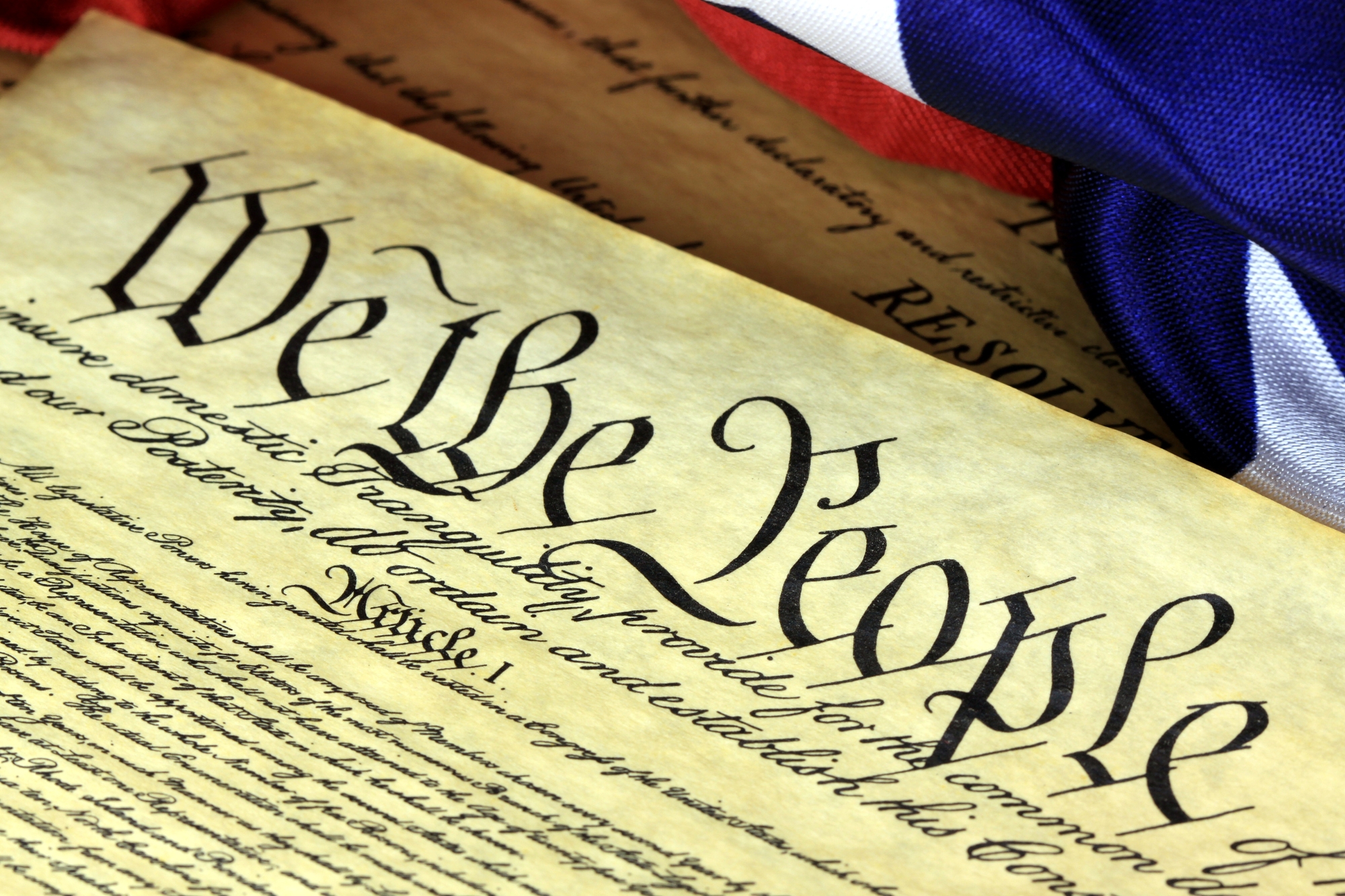
The law impacts your day-to-day life whether you realize it or not. There are a plethora of different rules and regulations that make it quite difficult to keep up – as an experienced criminal defense lawyer Arlington, TX residents rely on from Brandy Austin Law Firm, PLLC explains. One crucial law that has a large impact on society today is the fourth amendment to the constitution.
Protection from unreasonable searches and seizures.
The fourth amendment protects the average citizen from “unreasonable” searches and seizures. When they use the word unreasonable they are referring to a lack of probable cause, which is the legal standard police officers need in order to carry out certain tasks and for their evidence to be admissible in court. Without this “probable cause” a search or seizure would be unlawful and all evidence would be thrown out unless they have a court-approved warrant. If the fourth amendment was not put into place any officer would be able to walk up and search you or potentially seize your belongings. Additionally, there is an important part of this law that I have left out: the 7 exceptions. These 7 exceptions include exigent circumstances, search incident to lawful arrest, consent, plain view/ plain smell, caretaker function, impound vehicles, and motor vehicle exception. All of these “exceptions” give officers the right to search or seize without a warrant.
4th Amendment Implications
Now for the truly important stuff. How does this impact the average citizen? The fourth amendment is most talked about when having to do with traffic stops. For example, Rodriguez V. U.S. (2015) was a case in which Denny Rodriguez was pulled over by a Nebraska K9 police officer. Mr. Rodriguez was given a written warning and was asked if the officer could walk his k9 around the vehicle. Mr. Rodriguez refused, but the officer continued to search the vehicle without consent. The dog signaled that there were drugs in the car and a bag of methamphetamine was found. The United States court of appeals then determined that the officer violated Mr. Rodrigueze’s fourth amendment right and the evidence was suppressed. A seizer unrelated to the reason for a stop is unlawful if it measurably extends the duration of a stop.
New Jersey V. T.L.O (1985)
Another landmark decision involving the fourth amendment was New Jersey V. T.L.O (1985). T.L.O was a student in high school. Her bag was searched by school officials and they found cigarettes, marijuana, and a list containing students’ names who owed T.L.O money. T.L.O moved to suppress all evidence on the basis that the school officials violated her fourth amendment right. The court held that school officials may conduct reasonable warrantless searches notwithstanding the legal standard for probable cause because the school has a responsibility to maintain a safe place for education.
There was one fourth amendment case that assisted in the establishment of a new law known as the Exclusionary Rule. In Weeks v. United States (1914) Kansas City police officers illegally searched Mr. Fremont Weeks’ house using his hidden key. They took books, letters, papers, and other items, which were all used to find Mr. Weeks guilty of sending lottery tickets through the U.S. mail. The evidence was all found inadmissible due to the blatant violation of Mr. Weeks’ fourth amendment right. In all investigations, there must be probable cause. The weeks’ decision created a new legal doctrine – The Exclusionary Rule. This rule prevents the use of evidence gathered in an unconstitutional fashion.
The 4th Amendment Provides Vital Protection
The fourth amendment is and always will be a crucial implication in the law. It is important to know and has resulted in many landmark court decisions. I encourage all who are reading this to try and learn more about your rights as an American citizen.
